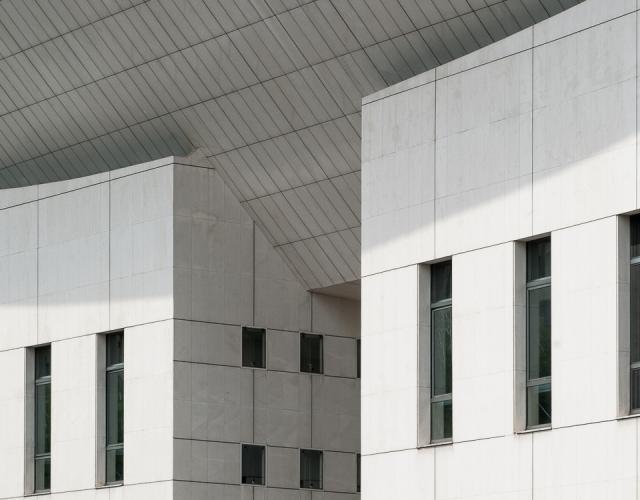
Advanced musical training cycle
INFORMATIONS
-
Objectives and content
OBJECTIVES
This course is devoted to the development of technical (reading, rhythm, auditioning, transcriptions, etc.), analytical and cultural skills relating to the speciality of music education.
It is aimed at students at state-ranked conservatoires, Pôles Supérieurs d'Enseignement Musicals and the two CNSMDs, who wish to specialise in music education and go on to teach this discipline. The aim is to prepare students to continue their studies towards a diploma (either the Diplôme d'Etat or the Certificat d'aptitude). It is also aimed at practising teachers wishing to undertake further training.Teaching schedule: 4 hours of lessons a week on Saturdays (11am-1pm and 2.30pm-4.30pm)
Personal work time: 4 to 6 hours per week
CONTENT
The classical areas of musical training (meter, singing/intonation, rhythm, reading, analysis) will be covered through the exploration of a wide and varied repertoire, including Western art music from the Middle Ages to the present day, traditional oral music, jazz and contemporary amplified music, and traditional song. In addition, the teaching-learning process will be structured around four complementary axes:
A. Active participation
A large part of the activities carried out during the lessons will consist of musical role-playing in small groups or as a whole class. These performances, in which the piano will play a predominant role, will in part be prepared individually before the course. Students will also be asked to take charge of certain activities in order to grasp the artistic and musical dimension inherent in any transmission process.
B. Pedagogical differentiation
The repertoires will be worked on in all aspects of a diversified musical experience, whether through listening, voice, instrumental gesture, conducting, movement and space, bodily polyrhythm, invention, etc. The aim is to encourage the appropriation of the repertoires by the students. The aim is to encourage a lasting appropriation of technical elements, while questioning the complementarity of learning paths.
C. Introduction to repertoire research
The search for repertoire is a central skill for musicians in general, and for music education teachers in particular, who wish to offer rich and varied material of all styles and periods, adapted to the characteristics of the pupils and to the learning objectives. In this respect, the CNSMDP's Hector Berlioz media library will be an ideal place to work.D. Collaboration and autonomy
In order to encourage different ways of constructing knowledge and know-how, students will be placed in collaborative situations based on a project approach, encouraging them to take the initiative, to learn from their peers, to share resources, particularly computer and digital resources, and to develop metacognitive skills. These skills will enable students to develop autonomous forms of artistic practice and build fulfilling career paths. -
Reward
Reward
-
Erasmus
No

